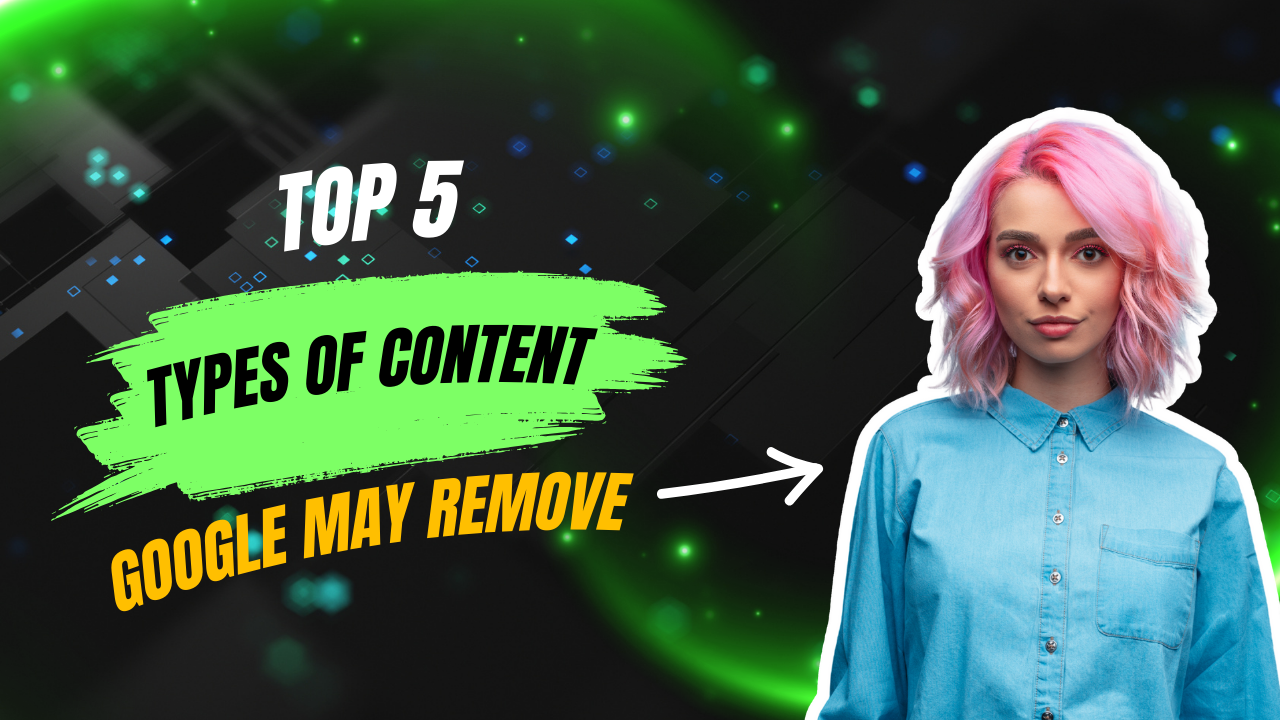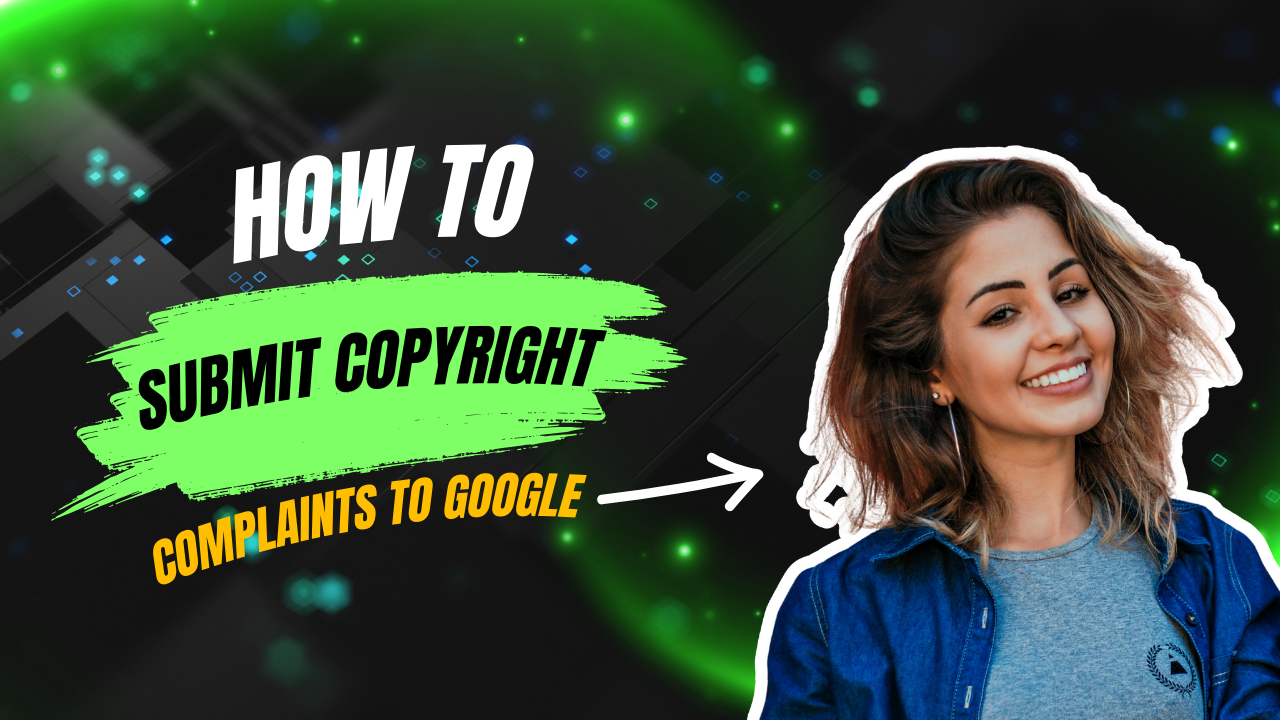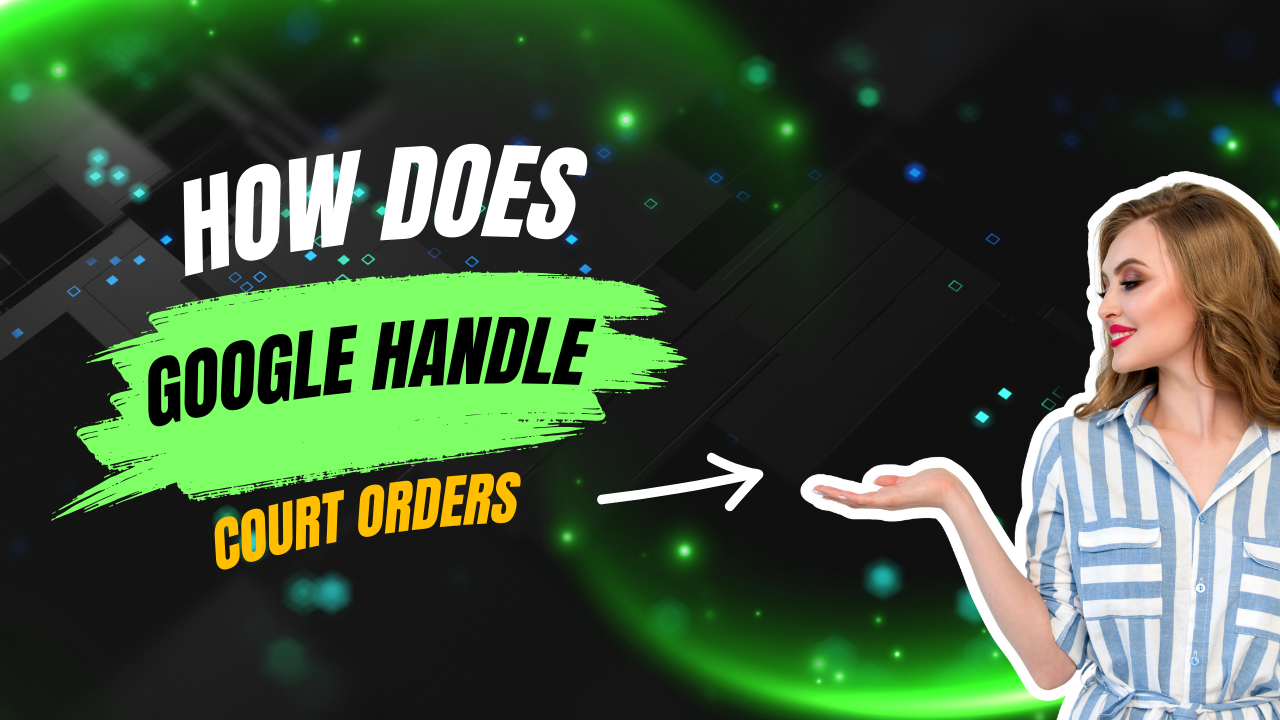Google doesn’t remove everything just because you ask. But under certain policies, Google will remove specific types of sensitive or harmful content from its search results.
If you’re trying to clean up your search presence, knowing what qualifies can save you time—and help you target the right removal strategy.
Here are the top 5 types of content Google may remove.
More DB Insights: How to Remove Google Search Results
1. Personal Information
Google may remove personal data if it poses a risk of identity theft, fraud, or direct harm.
This includes:
- Home addresses
- Personal phone numbers
- Personal email addresses
- Login credentials
- Confidential identification numbers (like Social Security Numbers)
You can request removal through the Results About You tool or Google’s personal information removal form.
2. Non-Consensual Explicit Images
Google takes a hard line on explicit content shared without your permission.
You can request removal if the content involves:
- Revenge porn
- Leaked private images or videos
- Deepfake or digitally manipulated explicit content
Requests are handled quickly, often within a few days, because this type of content causes serious harm.
3. Financial, Medical, and Government IDs
Sensitive records like financial documents and medical information can also qualify for removal.
Google may de-index pages that expose:
- Bank account numbers
- Credit card numbers
- Medical records
- Government-issued ID numbers
The goal is to reduce the risk of financial fraud, identity theft, and privacy violations.
4. Copyright Violations
If someone copies your content—like text, images, or videos—you can submit a DMCA takedown request.
Google will remove links to the infringing material if:
- You can prove you own the original work
- The use wasn’t protected by fair use laws
This is often used to take down stolen articles, copied blog posts, images, and videos.
5. Court-Sealed or Legally Restricted Content
If a court has sealed a document or ordered specific content to be removed, Google will generally comply.
Examples include:
- Court orders sealing criminal records
- Legal injunctions blocking defamatory content
- Privacy-related orders restricting access to personal information
You’ll need to provide official documentation when submitting the request.
Final Takeaway
Google only removes content that clearly violates its policies. If the negative information you’re dealing with falls into one of these five categories, you may be able to get it removed from search results—without needing suppression strategies.
Start by submitting the right removal request, and monitor the status through your Google account. If you’re not sure whether your case qualifies, getting expert guidance can save you time and improve your chances of success.
Need help? ReputationDB.com specializes in removing or suppressing search results that hurt your reputation—so what shows up first reflects your best, not your past.




